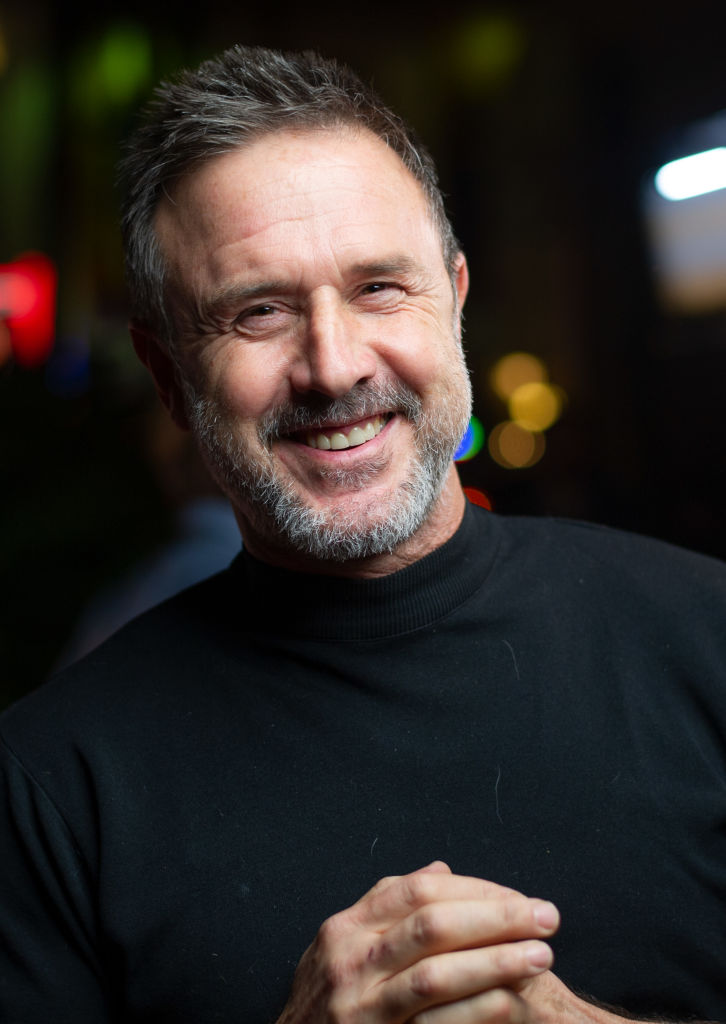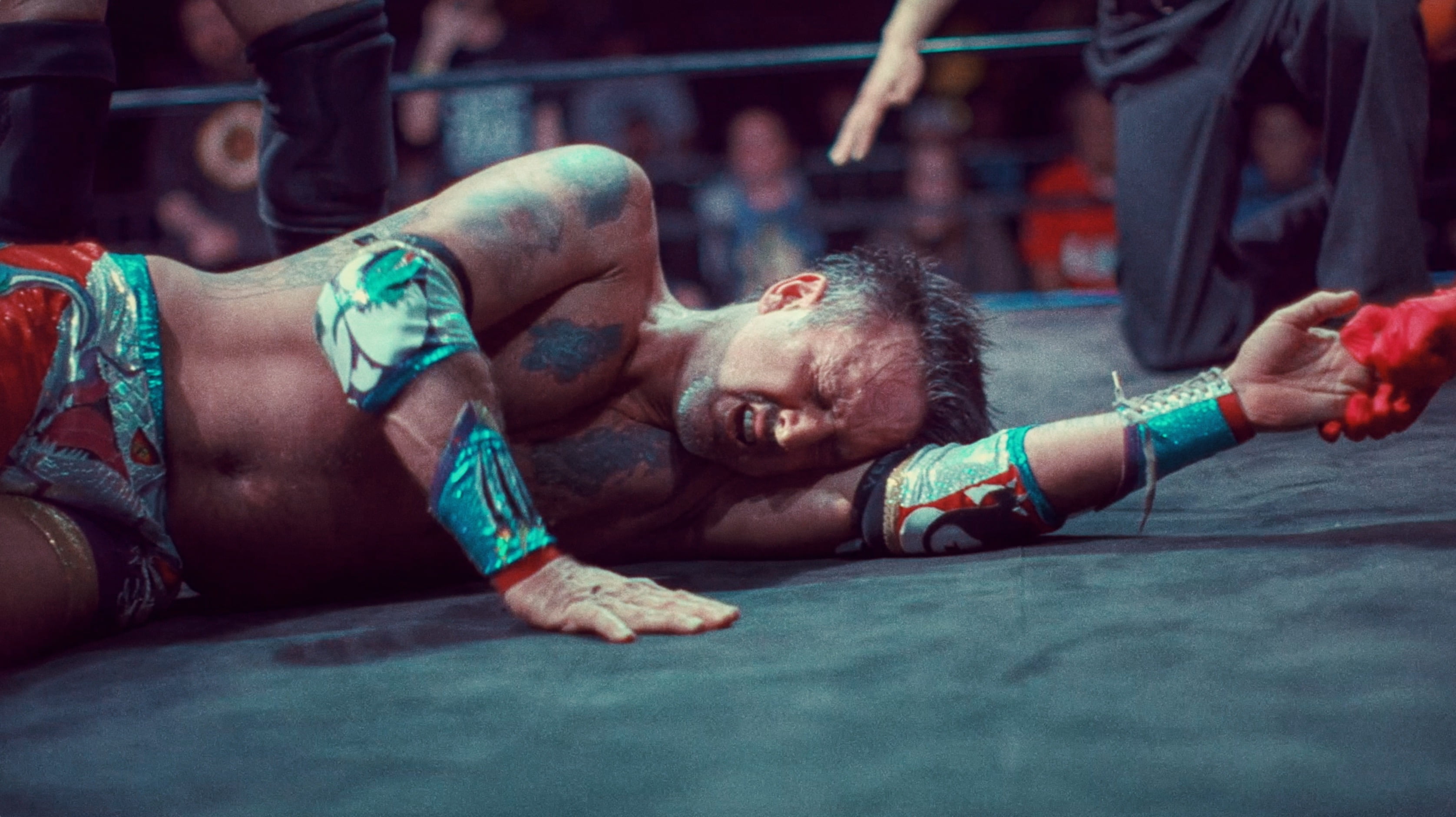
- Interviews
David Arquette: “It’s really important to me to right the wrongs”
Most young boys dream of one day playing professional baseball, football or basketball. Not David Arquette. As a kid, the actor, who has starred in such movies as Scream, and Never Been Kissed, was fascinated by the world of professional wrestling, perhaps inspired by the fact that his father was the voice of Jimmy “Superfly” Snuka in the series Hulk Hogan’s Rock ‘n’ Wrestling. While his interest waned a bit during his later teenage years, when he was offered a role in the film Ready to Rumble, a 2000 buddy comedy based on the World Championship Wrestling promotion, the love of the sport came roaring back into his life. So much that Arquette teamed up with the real WCW and later that same year, won their heavyweight championship. During the intervening two decades, the sport proved a blessing and a curse for the actor in both his personal and professional life. Part of that journey is now reflected in the new documentary You Cannot Kill David Arquette.
You have talked about your love of the sport since childhood. But it’s one thing to admire a sport and another to be conditioned to play it. How did you prepare?
There’s a ton you have to learn. And yeah, the whole process of training for wrestling is getting your body used to the shock that it’s going to go through on a constant basis, so you don’t throw your back out every time you take a hit. I had to do wrestling training with Peter Avalon and who is an incredible trainer. I did that a couple of times a week, I did ju-jitsu, I did boxing, I did DDPY, which is Diamond Dallas Page Yoga program, which helps you not get injured and helped me get on the pathway to losing all the weight.

A scene from You Cannot Kill David Arquette.
super ltd
You know that many people were skeptical of your journey with wrestling. So, how important was this documentary for you to tell your story?
It was really important. I had a bad reaction to a stress test for my heart and I felt like I was having a heart attack, and they ended up having to put two stems in my heart. When I came out of surgery, I told my wife I have been thinking a lot about wrestling. And she was like “what, are you still on drugs or something?” But I had been thinking a lot about wrestling, I thought about my life, I thought about my kids and my family and some of my accomplishments and then I was like, “what about wrestling?” I don’t know why it kept coming into my mind, it was just something that was, it ended up being really important to me that I address it and right the wrongs that were done in the past.
In the two decades since you went professional in the sport, what were some of the wrongs you wanted to address?
Well winning the belt like I won, is the equivalent to them winning the Oscar. It’s not something that you just come in and, I guess some people are lucky enough to do it their first time, but it’s something that you really have to train for, you have to be prepared for and dedicate your life to. So, someone who never had that experience and just handed it, and me being a character actor is in a lot of people’s eyes, it just kind of made it feel like a joke and kind of devalued it for them. Also, it sort of took the respect away from it a lot. I wanted to go back and sort of show the wrestling community the respect it deserved. And just kind of write a love letter to wrestling.
Did your wrestling career affect your acting, at least in the eyes of the industry?
Some of my off-camera antics probably had more of an effect on my career and some of my choices! I think I want to work, so I am not as selective as some of my peers. I did a string of commercials that may have had a negative effect, some kid’s movies. So, there’s a lot of different factors and also, Hollywood works on a basis on whatever your last film was is how people are feeling about you. So, if you have a film that does really well, you can be more selective about the kind of stuff you get. When it’s dry out there and you are just needing a job, it’s a little bit more feast or famine.

